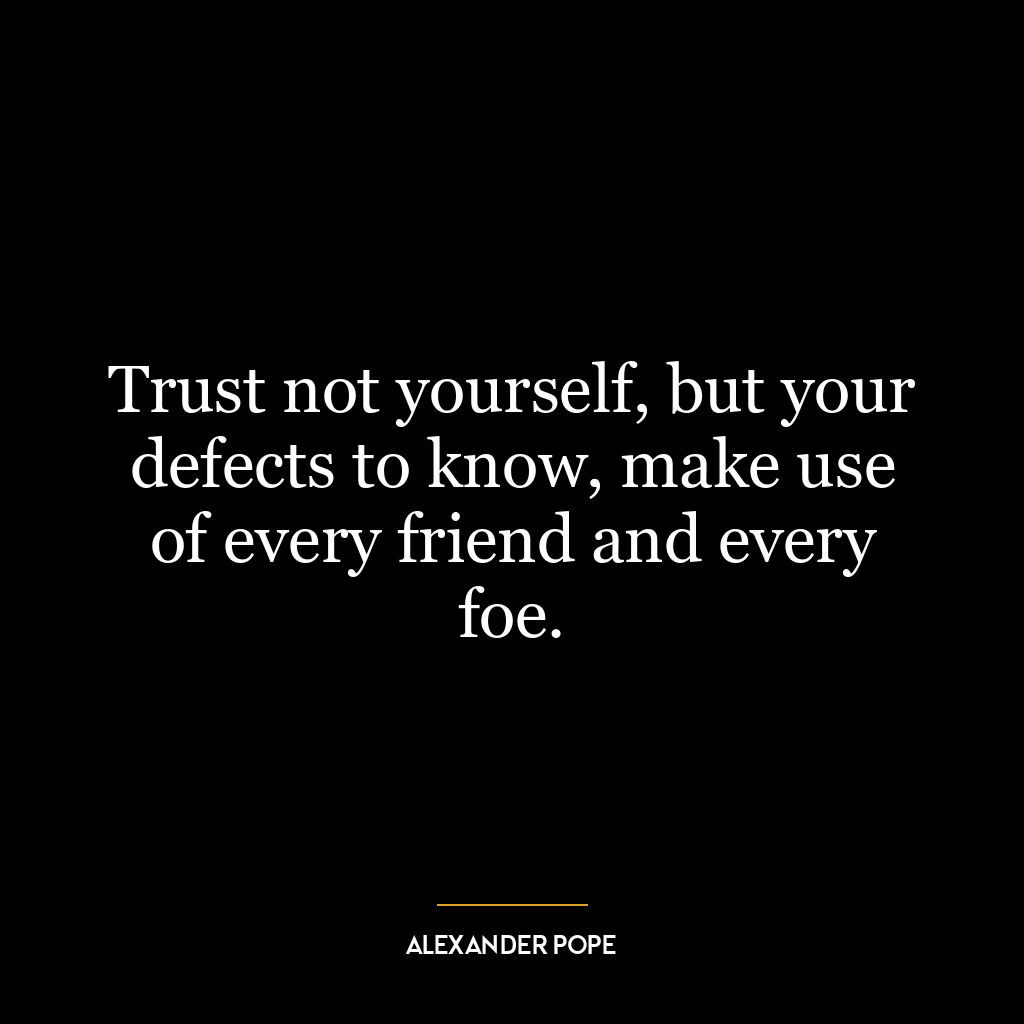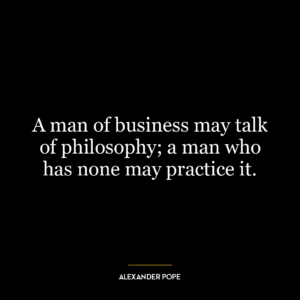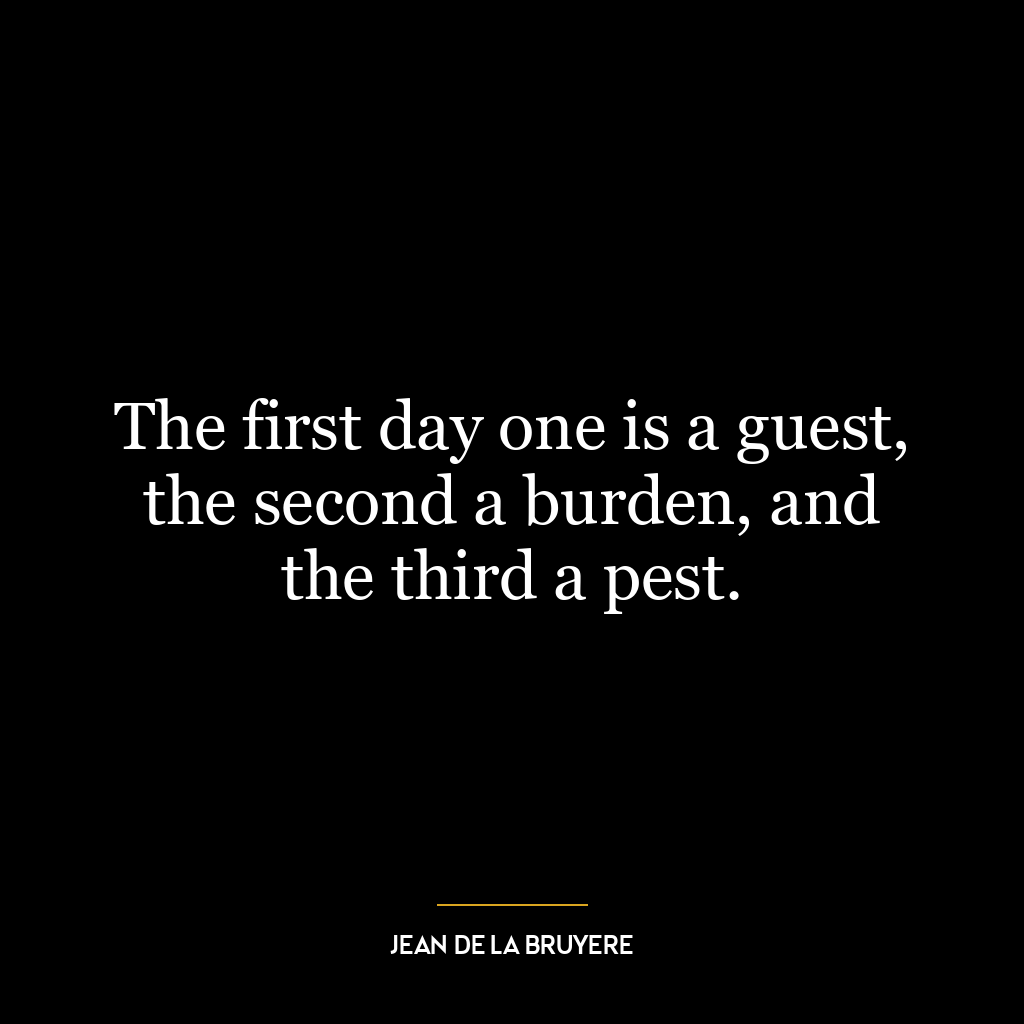This quote emphasizes the importance of self-awareness, particularly in recognizing and understanding our own shortcomings. It suggests that we shouldn’t blindly trust our own perspectives or abilities, but instead, we should dedicate time and effort to identify our weaknesses. This self-knowledge is crucial for personal growth and development.
The second part of the quote advises us to utilize both our friends and foes. This means we should learn from everyone around us, regardless of our relationship with them. Friends often provide support and encouragement, helping us to cultivate our strengths. On the other hand, our adversaries or ‘foes’ can offer a different kind of insight. They might highlight our weaknesses or challenge us in ways that compel us to improve.
Applying this idea in today’s world, it could be said that we live in an era of unprecedented access to information and diverse viewpoints. Through social media and other platforms, we can engage with a wide array of perspectives, including those that challenge our own. This provides ample opportunities for self-improvement, as we can learn from both those who agree with us and those who don’t.
In terms of personal development, this quote underscores the value of feedback and constructive criticism. Instead of disregarding or taking offense at negative feedback, we should see it as a tool for growth. By understanding our defects, we can work on them and eventually turn them into strengths. Similarly, by appreciating the role of both friends and foes in our lives, we can foster a more open, growth-oriented mindset.















